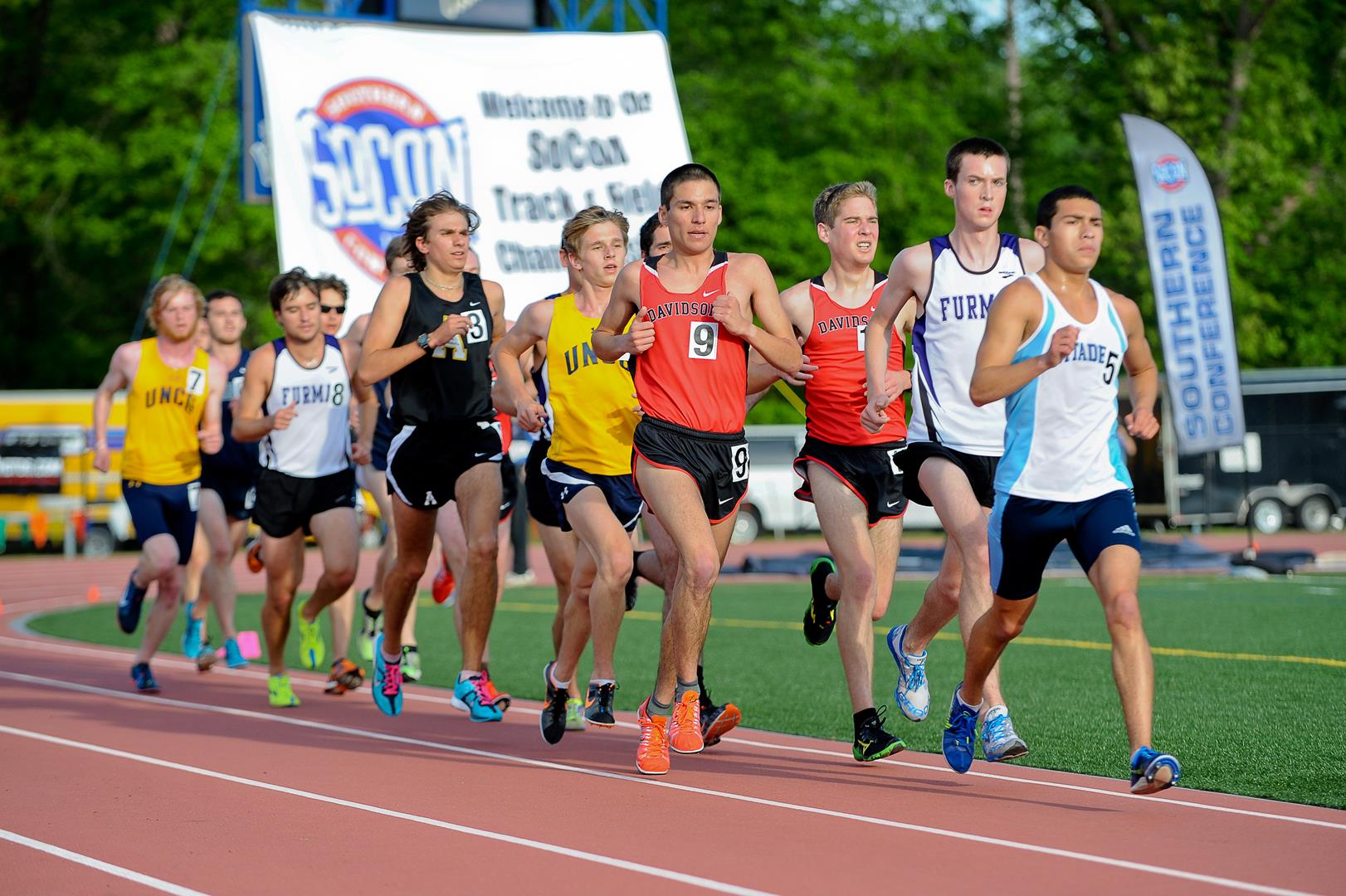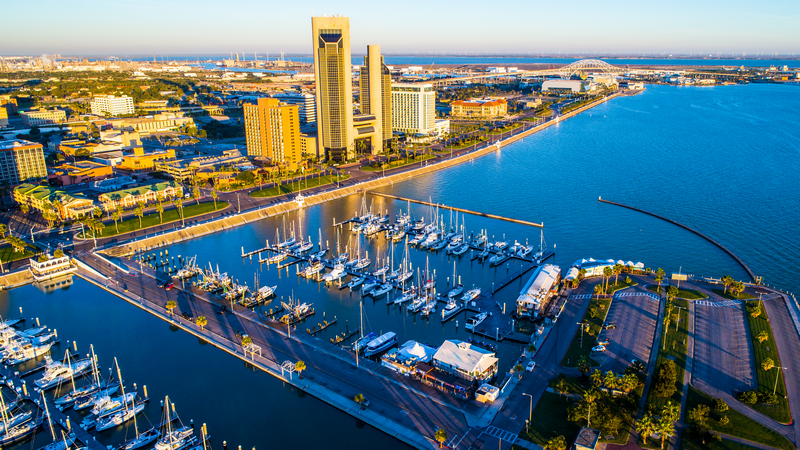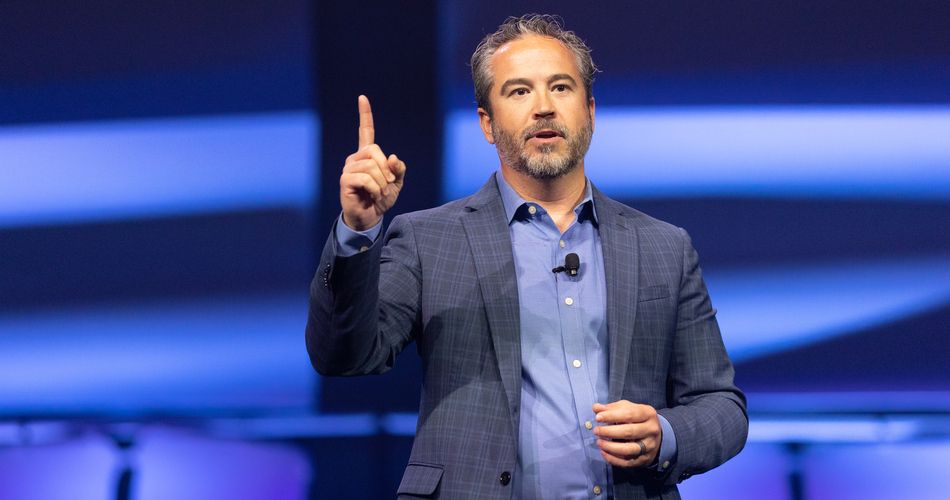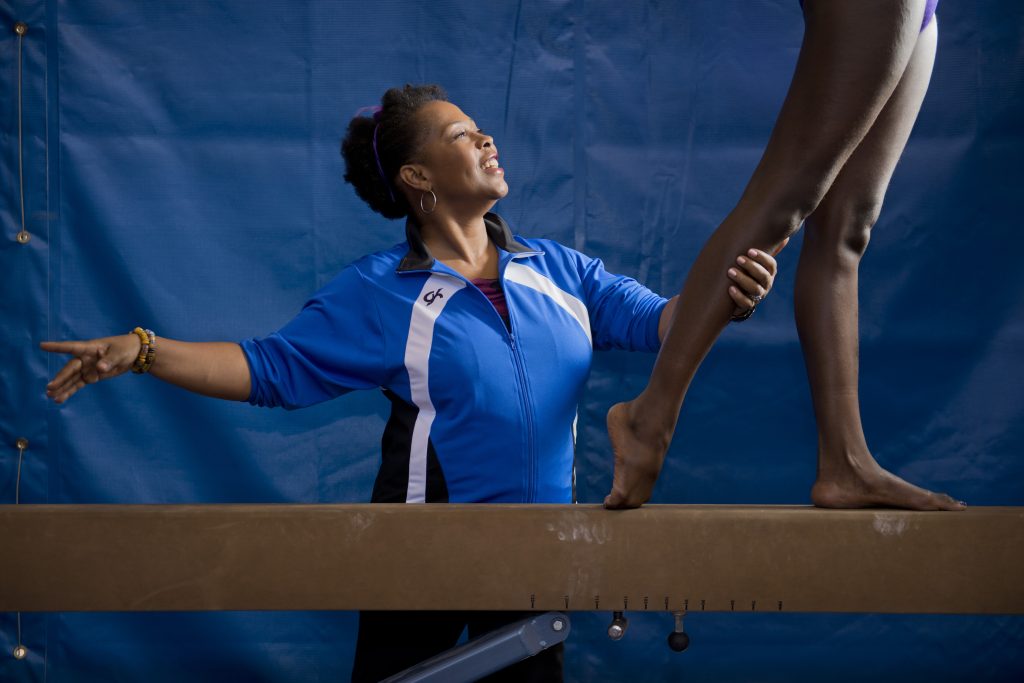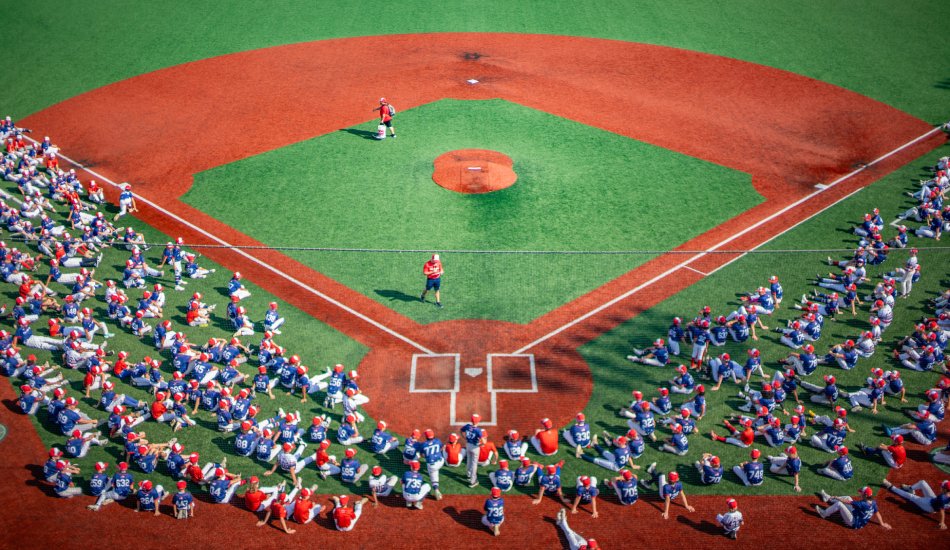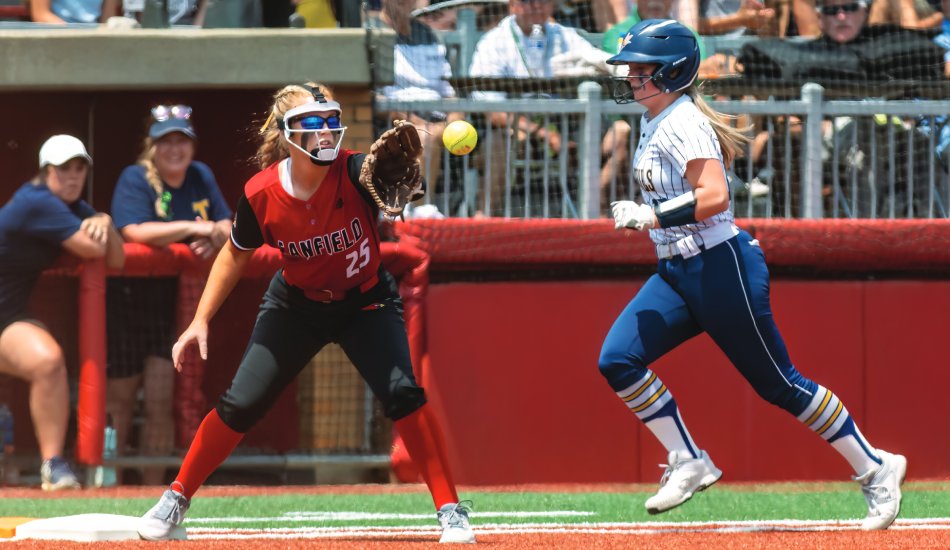At a sports industry meeting a few years ago the topic of servicing sports groups was discussed. The participants included veteran event professionals, rights holders, hoteliers, as well as some of the top host cities in our industry. As the group discussed best practices for this topic, the focus turned to specific tactics for local organizing committees (LOCs) to employ when hosting events. One of the rights holders in attendance offered her thoughts, “Find an Ed.”
Ed, in this case, was Ed Durkin. Ed was our primary sales and partnership leader at the Phoenix Sports Commission. He had worked on events with this particular rights holder as well as several others. While Ed was a great salesman, he loved to work on events. Activation, volunteer management, event operations, to this day Ed loves to be on the front lines on game day (note: Ed now works for NASCAR).
When we talk to our clients about servicing sports groups, we often talk about handling everything outside the lines. If the LOC (or sports commission or CVB) can handle the external elements, the event rights holder can focus on their competition. In the end, this combination should yield a superior event experience for the athletes, coaches, and their fans, which is win-win for the host city and the rights holder.
Specifically, here are five things Ed did that went over well with our rights holder partners, and could help you with your events as well:
- Coffee – At nearly all of our events, Ed made sure there was coffee every morning, as well as muffins, bananas, and snacks. If something ran out, he got more. In addition, Ed often struck deals with local restaurants to donate lunches for referees and tournament staff. Coffee seems like a small thing, but you would be surprised how often it goes overlooked.
- Hand Warmers – One year when hosting a thanksgiving weekend event, we encountered a cold front that brought with it low temperatures and a frost delay (yes, there can be frost even in Phoenix). Ed went to the local sporting goods store the day prior and procured a case of hand warmer packets. These were small pouches that when activated became instantly warm, so the user could put them in their pockets in order to keep their hands comfortable. Ed distributed the packets to all the officials and staff that had to work the early games. Happy officials make for a happy event organizer.
- Airport Shuttle – During a national lacrosse championship, the organization’s board chairman decided to fly in to see the event at the last minute. Ed arranged to leave the event site to pick him up and delivered him back to the venue, complete with a quick tour (keeping the chairman out of the hair of the event staff).
- Benches – One of our venue partners had a budget issue that didn’t allow them to buy some amenities that most event owners were used to having. In one case, the venue didn’t have any player benches for the participating teams. Ed put together a game plan to buy the necessary bleachers, along with a contribution from one of our event partners. He also built a usage model where our partners could access the benches for their events, and we could rent them to additional groups. The benches paid for themselves in short order and eventually became a revenue stream for the Sports Commission. We eventually applied this model to water coolers, pop-up tents, and additional items to support the events we hosted, all while driving revenue.
- Discount Card – Most event rights holders ask for the host to solicit area restaurants and attractions for discounts during their championships. Rather than re-create the wheel for every event we hosted each year, we created an annual partnership program, led by Ed. Ed solicited restaurants, amusement parks, golf courses, movie theaters, and related businesses. These companies paid a nominal fee to be in the program, and Ed made sure that every event we were involved in had enough discount cards for every athlete and parent in attendance. The discount cards were distributed at the coaches meetings prior to each tournament, including a map of the participating business in close proximity to that event’s venues. As an additional benefit, we were able to use this program as a sales tool when soliciting rights holders to hold their events in the Valley of the Sun (we didn’t have to create the program when their event took place, we could show them we already had it and how it worked).
There are many more examples of how to support your events partners through outstanding service. Enhanced services lead to great relationships, which lead to event renewals, which lead to increased economic development through sports. Solid event support means good things will happen for your destination.
Build a sports services game plan to support your partners. Take care of everything outside the lines. And most important, find your Ed.

